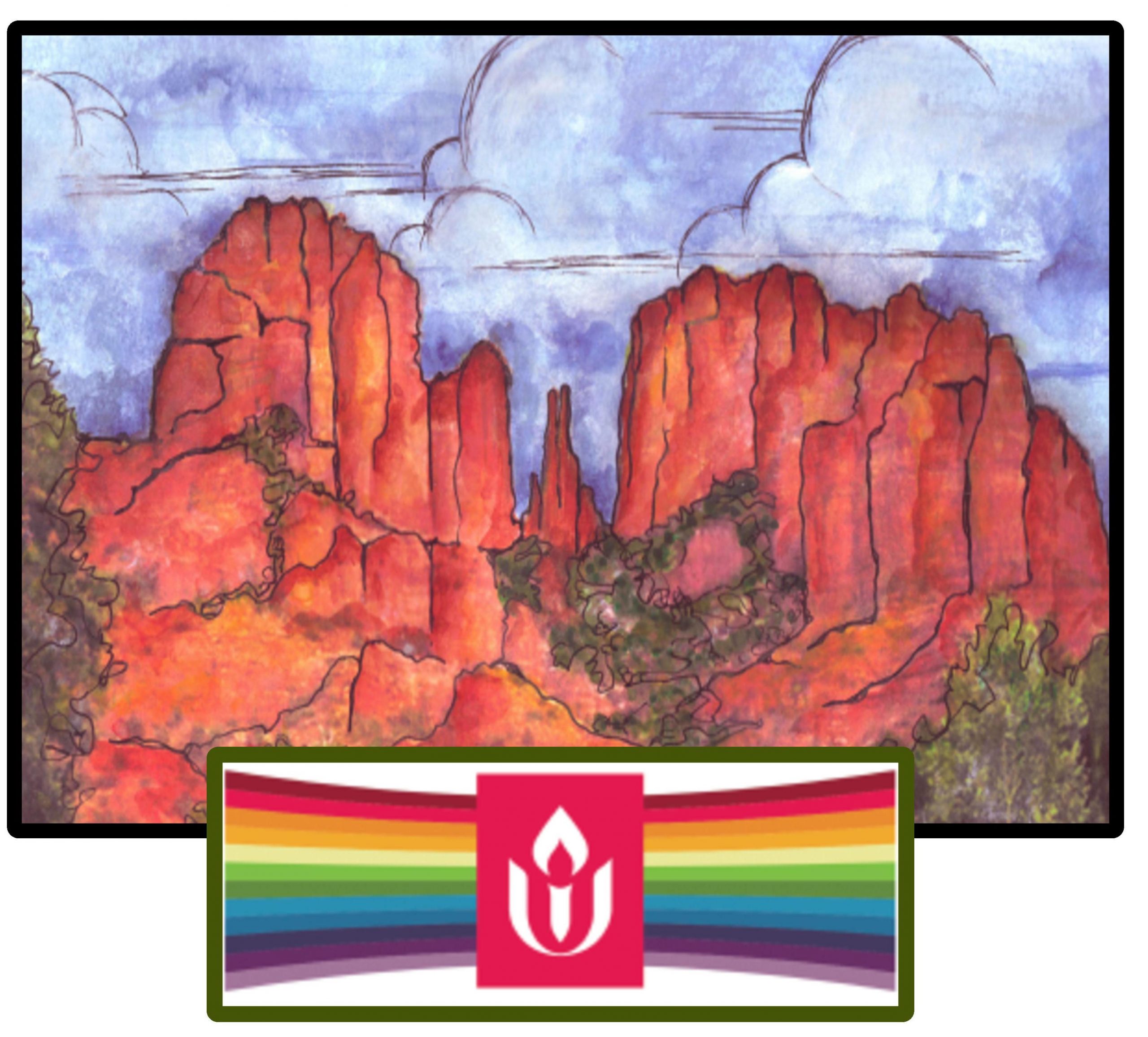Forgiveness Reflections
Dec. 8, 2024
Good morning, beloved community. Today, I invite us to journey into the heart of forgiveness. This is not an easy path, nor a linear one. Forgiveness challenges us to confront our pain, examine our ego, and embrace vulnerability. But in its practice, forgiveness offers profound liberation, for ourselves and for others.
What is forgiveness?
Forgiveness is often misunderstood. Forgiveness is not forgetting. Forgiveness does not mean excusing harm or denying accountability. Forgiveness is an intentional act of releasing resentment and the grip of anger that harms us more than anyone else.
We may have heard the saying, “Holding a grudge is like drinking poison and expecting the other person to suffer.” Or as my teacher Malidoma Somè told me “Anger and resentment is like a toothache; it only hurts you.” Forgiveness, then, is a way to put down the cup of poison and choose life. It allows us to move forward rather than remaining trapped in a cycle of hurt.
Speaking about the paradox of forgiveness, Marianne Williamson once said, “Forgiveness is not always easy. At times, it feels more painful than the wound we suffered; to forgive the one that inflicted it. And yet, there is no peace without forgiveness.” This paradox lies at the heart of the work we do as Unitarian Universalists. That is, holding space for justice and compassion at the same time. Not either/or, but both/and. Think of a time when forgiveness felt Impossible. Perhaps the pain was too deep, the betrayal too profound. And yet, within those moments lies an opportunity—not to condone the harm, but to reclaim your power.
If forgiving others is challenging – forgiving we can be even harder. We hold onto our mistakes, replaying them like a song stuck on repeat. We think, “if only I had done this differently,” or “how could I have been so foolish?” But the truth is, being human means being imperfect. Mistakes are part of the journey. Self-forgiveness allows us to meet ourselves with the same compassion we strive to extend to others. Forgiveness begins at home, with me, with you. It is a spiritual practice of radical self-acceptance. When we forgive ourselves, we create space for growth, learning, and transformation.
The role of community forgiveness is not a solitary endeavor. In community, we learn from one another’s struggles and triumphs. We witness each other’s pain and resilience. Our principles call us to support one another on this journey—to nurture a space where accountability and grace coexist.
In some indigenous traditions, there are practices of restorative justice that prioritize healing over punishment. These practices recognize the interconnectedness of all beings. When one person is harmed, the whole community feels the impact. Likewise, when forgiveness and reconciliation occur, the entire community heals; forgiveness in action!
Our faith calls us to affirm the inherent worth and dignity of every person. This includes those who have harmed us and ourselves. Forgiveness aligns with our commitment to justice, equity, and compassion in human relations. But it’s important to recognize that forgiveness is not mandatory. It cannot be forced or rushed. Sometimes, the most loving thing that we can do is set boundaries while working on forgiveness in our own time.
I invite you now to participate in a brief ritual of reflection. Close your eyes, if you feel comfortable. Take a deep breath in, and let it out slowly. Picture someone who has hurt you. Notice the feelings that arise anger, sadness, disappointment. Own these feelings without judgment. Now, silently say these words: “I release the power this pain holds over me. I choose to let go, for my own healing.”
Next, turn inward. Think of a mistake that you’ve made, a regret that you carry. Place your hand over your heart and whisper to yourself: “I forgive you. I allow space for growth and learning.” Take one more deep breath and gently return to this space.
Forgiveness is not a destination; it is a practice, a process, a way of being. It teaches us to live with open hearts and open hands.
As we leave this space today, may we carry the spirit of forgiveness with us—not as a burden, but as a gift.
Let us remember the words of archbishop Desmond Tutu: “Without forgiveness, there is no future.
May we all find peace in the act of forgiving and strength in the journey toward healing.
May It Be So, Blessed Be, Amen, Ashe’
